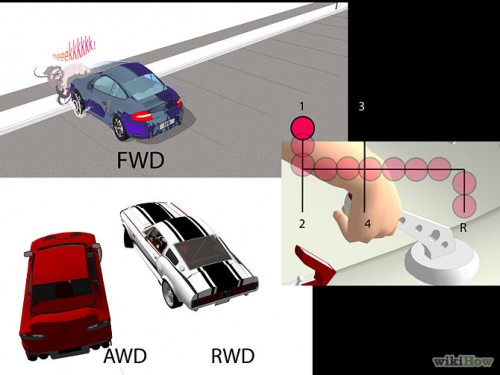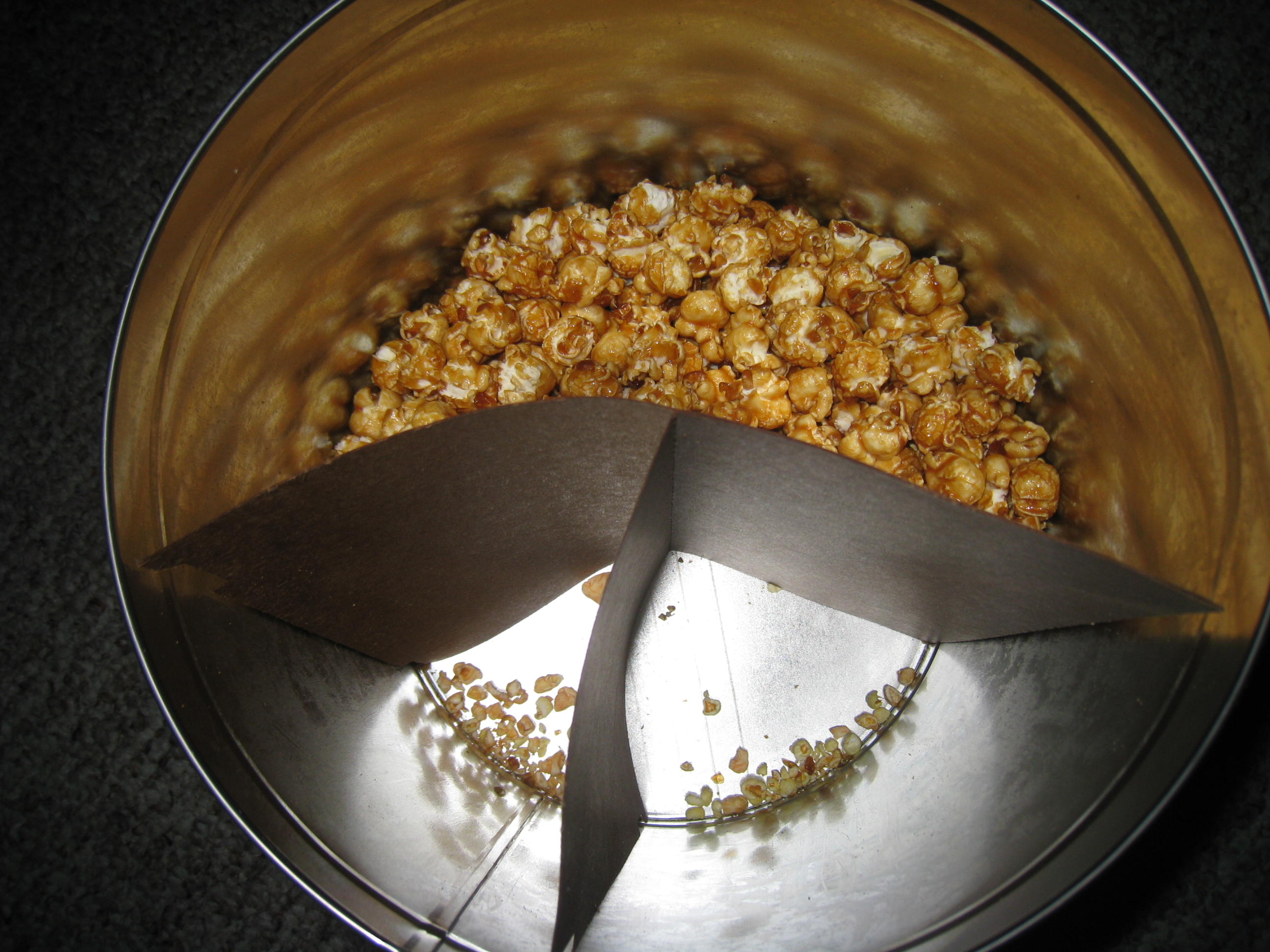Give & Take: A Conversation with Exxon Mobile/Mellow Pages

(photo credit: JoAnna DeLuna of Bushwick Daily)
When news broke about the Mellow Pages “hoax,” I wasn’t laughing. Actually, I was downright pissed. After a few days, though, I realized that my anger didn’t lie with Matt and Jacob—or Mellow Pages or Exxon Mobile or Kanye West—but with myself. I reacted in a very solipsistic way: I had contributed to their Indiegogo campaign; I am a member of the library; I’ve donated (and will continue to donate) a copy of a Big Lucks book to the library; I’ve recommended that people check out the library and contribute to their campaign and visit the space and get to know those cool bros. I wanted them to stay open. But why hadn’t I done more? Do I even have a stake in Mellow Pages? Would things have changed if I suggested something besides “take the (fake) money and run?” And why does my opinion matter in the first place?
I mentioned to Matt and Jacob that I planned on writing about my reactions to their project. After a few emails, we decided it might be more valuable to just talk. The conversation is messy, disjointed, long, and probably very rudderless. But I still think it’s important. Because if there’s one thing this project has taught me it’s that there’s no cut-and-dry formula to support our community.
Of course, we’re all contributing something here. I am but one minuscule cog in the refurbished turbine engine that powers this rinky-dink dirt bike. Whether it’s money or time or love or futons, we all give something. But we can’t say that we all expect the same thing in return for our support. Maybe that’s not good. Maybe that’s a problem.
So maybe it is worth keeping this conversation alive.
—
Mark: When did you guys decide to go ahead with “#Mellowghazi?” Was it a spur-of-the-moment decision, or had you been plotting/planning for a while?
Matt: First off my man, Mellowghazi, the term, is not our doing. And isn’t in line with what we were thinking. We weren’t doing it to be funny. We took what we did very seriously. People feel quickly. Especially on the internet. Mellowghazi is a reappropriation due to that quickness, a way to divert direct contact with what was happening through a comedic cloud. People need time to think. I mean, I hate to start this way, but reflection eternal, like Talib says. You got to keep slowing down and think about the water, whatever the fuck that means.
Help APRIL out with Reverse Fan Mail!
 One trick I do to coax up sleep is I let my mind do whatever. Like I figure that’s what it does when I sleep anyway, so why not let it out early? A porch-like transition into the backyard of dreaming. Sometimes what it does is a picture of someone carrying a pie tin to the river. Kneeling in the shallows. Other times—last night specifically—it did a succession of closer and closer zooms onto a very elaborate game of bowling. Specifically the windup was elaborate, and the ball was small. Also the pins seemed irrelevant. In 2014, I encourage you to let your mind do whatever you want. I mean whatever it wants. Shit. Not off to a good start.
One trick I do to coax up sleep is I let my mind do whatever. Like I figure that’s what it does when I sleep anyway, so why not let it out early? A porch-like transition into the backyard of dreaming. Sometimes what it does is a picture of someone carrying a pie tin to the river. Kneeling in the shallows. Other times—last night specifically—it did a succession of closer and closer zooms onto a very elaborate game of bowling. Specifically the windup was elaborate, and the ball was small. Also the pins seemed irrelevant. In 2014, I encourage you to let your mind do whatever you want. I mean whatever it wants. Shit. Not off to a good start.
So I will reverse course entirely and find something else to talk about: Reverse Fan Mail from APRIL. APRIL of course is a crafty bunch of Seattle folk who are dancing the good dance for Authors, Publishers, and Readers of Independent Literature. I’m pretty sure that’s what APRIL means without even looking it up. They’re that good! They do stuff like host book clubs, festivals, expos, reading bar crawls, and generally make Seattle seem fun and utopian to those of us in New England surrounded by leftover-mashed-potato-looking snow.
To do all that fun stuff, they need a little help. Yes, it’s that kind of post! But they give you stuff if you send them skrill. They have people write poems for you. They have people draw things for you. That’s Reverse Fan Mail. Hell, I’ll write you a poem. It says so right on the page. So will Stacey Levine, Ed Skoog, Joshua Beckman, Matthew Rohrer, Mark Leidner, Ryan Boudinot, Rebecca Bridge, Jac Jemc, Wendy Xu, Jane Wong, Rich Smith, Ted Powers, Peter Mountford, Drew Swenhaugen, Amber Nelson, Megan Kaminski, Richard Chiem, Matthew Simmons, and Doug Nufer.
 What I’m saying is you should click here and give some $$$ and get lazy-ass Leidner to write you a poem about dreaming and bowling. Originally this whole post was going to be about how one time Leidner texted me “patient B43 tested positive for PVTA,” which is a Western Massachusetts themed joke that I decided would alienate people and lead to less money for APRIL. So I thought: what’s less alienating than Western Massachusetts? Dreams. Futures. Elaboration. Click here to donate to APRIL, get a Reverse Fan Mail, it’s for a good cause, they’ve got a great 2014 Festival planned. Help ’em out. Get a poem. Get a drawing. Give your slippy mind a new year present.
What I’m saying is you should click here and give some $$$ and get lazy-ass Leidner to write you a poem about dreaming and bowling. Originally this whole post was going to be about how one time Leidner texted me “patient B43 tested positive for PVTA,” which is a Western Massachusetts themed joke that I decided would alienate people and lead to less money for APRIL. So I thought: what’s less alienating than Western Massachusetts? Dreams. Futures. Elaboration. Click here to donate to APRIL, get a Reverse Fan Mail, it’s for a good cause, they’ve got a great 2014 Festival planned. Help ’em out. Get a poem. Get a drawing. Give your slippy mind a new year present.
Some books I read this yr.
The other day I was eating from a large tin of popcorn. Someone asked which is your favorite. Thru chews I said I like them all / for different reasons. That’s how I feel about these books.
20.5 “Books” I Found Especially Beautiful in 2013
Johannes Göransson said on Facebook that one thing he doesn’t like about the “list”-based idea of criticism is: “that you can’t challenge it. You’re not allowed to say: No this list is mediocre or whatever. Then you’re not a nice person.”
Here’s a list of books I’ve only read four of but find especially aesthetically pleasing. Be a nice person.
***
Brandon Brown – Flowering Mall – Roof Books
Dana Ward – This Can’t Be Life – Edge Books
Graham Foust – To Anacreon in Heaven and Other Poems – Flood Editions
Roger Luckhurst – The Shining – BFI Publishing
Vladimir Nabokov – The Eye – Vintage
“It must be good to run / the show like that.”
 If this relationship is going to work—and no one really cares if it does; I mean, ships have jobs; relations are just the second attempt at lations—you’re going to have to accept the fact I’m going to post about some new issue of an online magazine when it rains.
If this relationship is going to work—and no one really cares if it does; I mean, ships have jobs; relations are just the second attempt at lations—you’re going to have to accept the fact I’m going to post about some new issue of an online magazine when it rains.
This time around it’s Wag’s Revue, and specifically in Wag’s Revue the rompy and potluck-ish poems of Rachael Katz and the Grace-Paleyish-wise-laughing-at-how-many-generic-varieties-of-Lemon-Pledge-exist-in-our-hearts story called “Palmistry for the Modern Age” by Hannah Pass.
Though I’m not normally a fan of faking book technology online, I think I like the navigation of Wag’s Revue—though I wish the fake-page-box were a little bigger and the font weight wasn’t so extreme. But the editors say they are working on a site redesign, and I am really interested in how declarative the reading experience is. Like it’s very “hark! this is how you shall read.” Which seems against the stream in a way I respect, like when you touch your friend’s antique record player and they snap at you “that’s not for touching!” And you’re like, damn, I respect that.
Respect for yourself by reading Rachael Katz’s “You Girls Are,” which I’m going to go ahead and call the best new ode I’ve read in months of leaves.
“Really expressing my innermost feelings and desires, all of which are unique and special and totally worth experiencing”
 You know that crazy old internet will quickly become a substitute for that lumbering old sun, and I is in the reeds of readyhood. First I will read Drew Kalbach’s spot-the-freak-on essay “Information grab, or what the internet is doing to my poems” over at Actuary Lit, which says which poems are lazy (more lazy poems, please!):
You know that crazy old internet will quickly become a substitute for that lumbering old sun, and I is in the reeds of readyhood. First I will read Drew Kalbach’s spot-the-freak-on essay “Information grab, or what the internet is doing to my poems” over at Actuary Lit, which says which poems are lazy (more lazy poems, please!):
“He’s not being, he’s just nudging and winking. That’s how your poems are lazy. I mean, that’s how my poems are lazy, while they comb through, collect, materialize, and instantiate themselves. These poems are block quotes without the HTML tags. Even when I’m expressing myself, really expressing my innermost feelings and desires, all of which are unique and special and totally worth experiencing, even when I’m doing that I’m stealing from someone else: their form, their words, maybe just some cadence that I heard. Is this just a restatement of intertextuality? Maybe, but intertextuality doesn’t pay enough attention to ctrl+c and ctrl+v. Three finger movements are enough to steal anything. Is that how lazy your poems are? I mean, my poems aren’t lazy so much as they point their fingers at anything but themselves.”
No points for harrumphing about “lazy” poetry until you read the entirety of Drew’s essay and the stuff he links to (I mean c’mon, think how hard your thermostat would work before it would make a comment).
 And then shifting gears: great poems and stories in the well-designed new Beetroot (are circles the new white space in web design?), which I dunno if my favorites in there are lazy or not, even this new positively connotated idea of “lazy,” but they are full of travel and danger and white particle that part like Jello and adzuki beans and bird riding and pee filtering and nobody’s body doing the body things your body does.
And then shifting gears: great poems and stories in the well-designed new Beetroot (are circles the new white space in web design?), which I dunno if my favorites in there are lazy or not, even this new positively connotated idea of “lazy,” but they are full of travel and danger and white particle that part like Jello and adzuki beans and bird riding and pee filtering and nobody’s body doing the body things your body does.
So those are some things you can read, and how you should look when you read them is like the squirrel that I found doing a Google image search for “lazy winter animal poetry.”
November 13th, 2013 / 3:15 pm
COLLECTED ALEX
“Always keep your dead body close, my parents told me.”
A.T. Grant wrote a novella called Collected Alex. Caketrain [a journal and press] put it in a dark boat. Now you can tie it to your dock using some rope and an animal bone of a kind. A.T. Grant is a thick bag of fire, a cake you should feed to the zombie geese.
[Film vignette by Katy Mongeau]
Lovely first part of a conversation for your crisp Saturday between Peter Gizzi and Clark Coolidge, hosted by Flying Object on March 29th, 2013.
Highlights include:
prodigal geology; Aram Saroyan getting stoned and staring at the word “oxygen”; being hungry and new; getting to Heaven and everyone saying “Hey, not bad, kid”; the only composer who was at his centennial concert; writing sonnets without thinking about it; the imprints of giant poems; musical lifts; Robert Lowell stopping in the middle of a poem and going “And this is the important line”; losing words to your handwriting; riding signals; improvisational notebook sizes.
Essay on things poets do when they decide to “sell-out,” e.g., how ridiculous their fall-back plans are. “Better just suck it up and write a bestselling novel.” “Translate poetry.” “Design board games.” “Invent a drink.” — #9 of 11 essays Zach Savich isn’t writing about contemporary poetry (over at the Philadelphia Review of Books)


